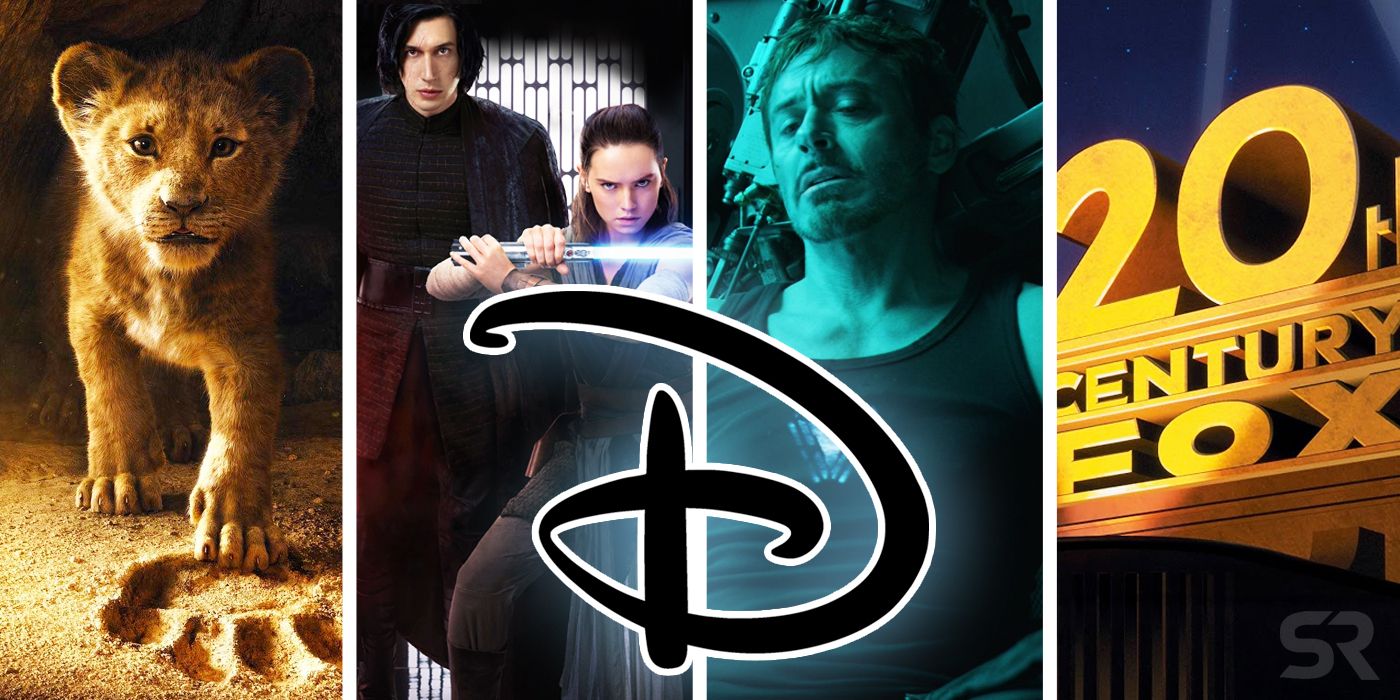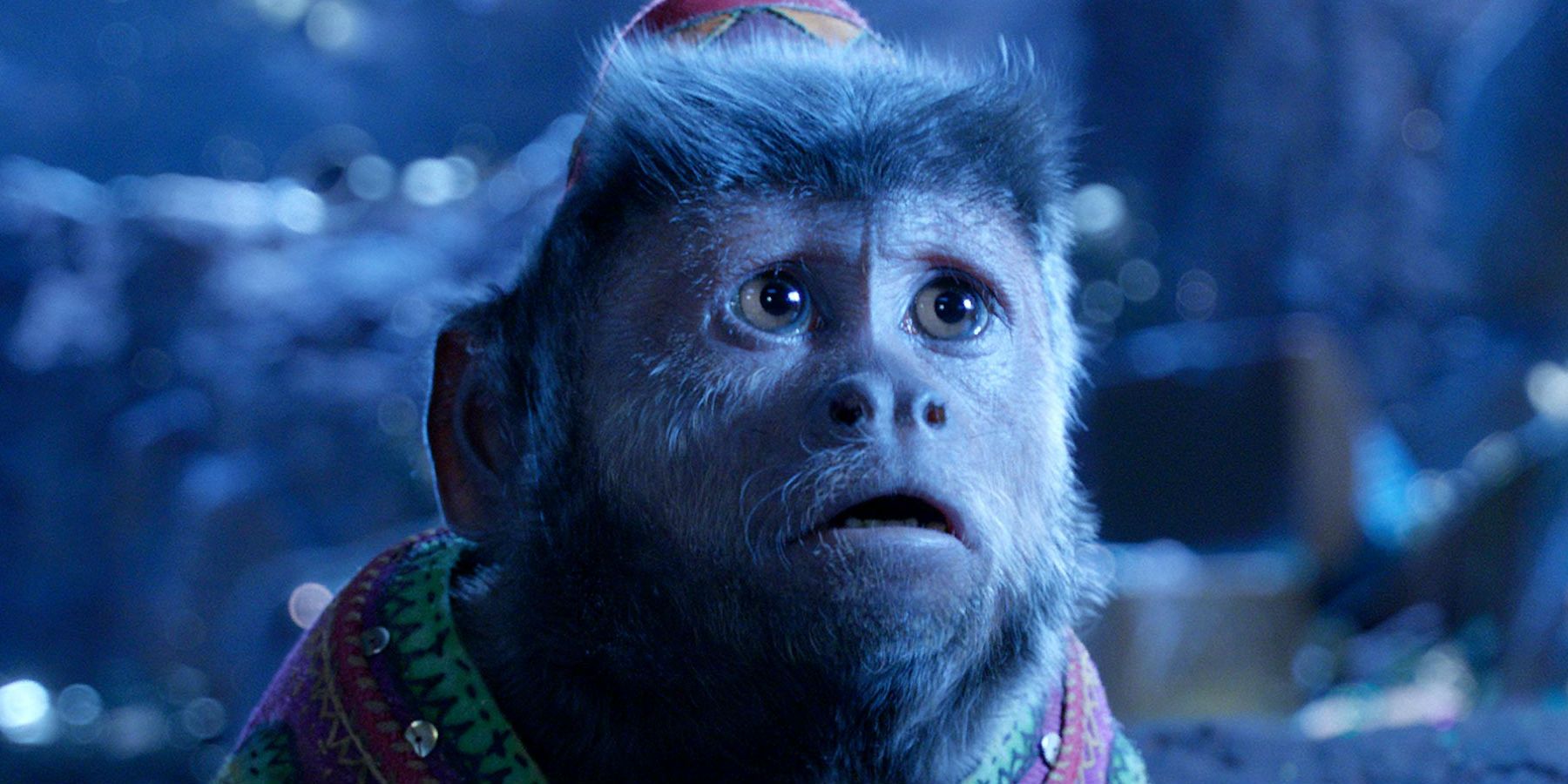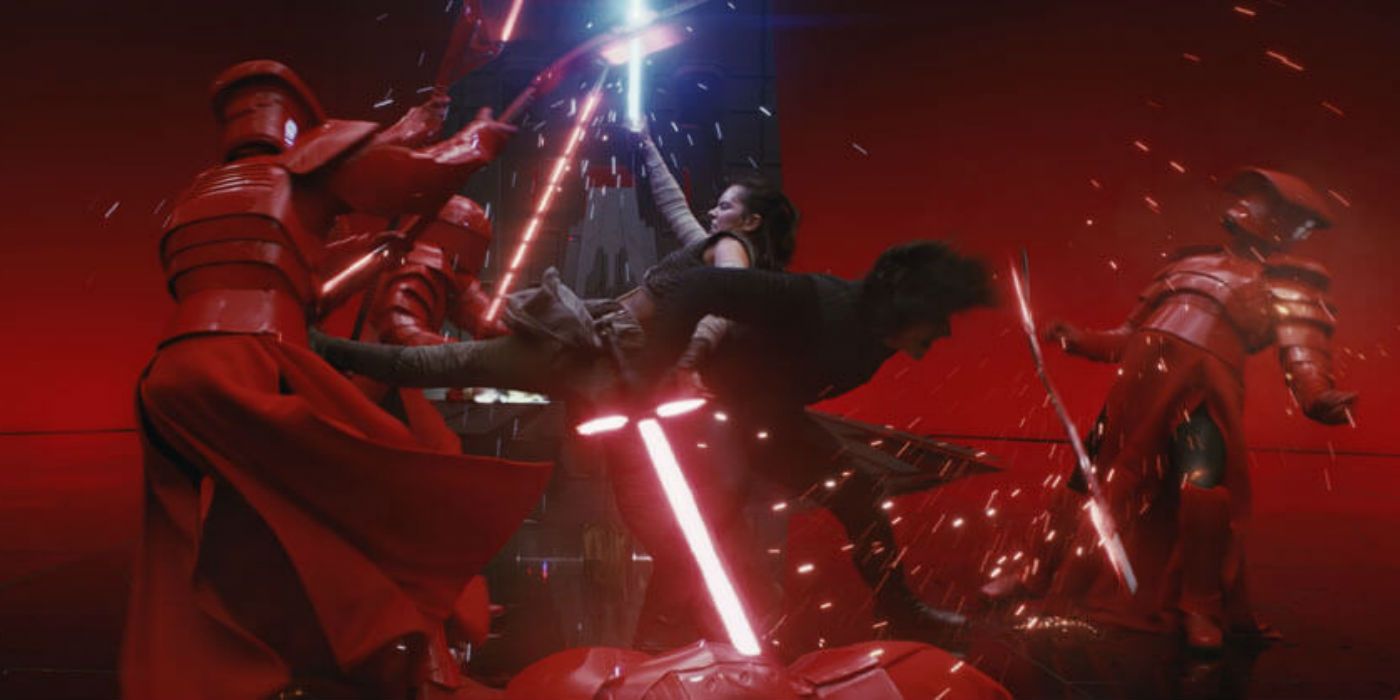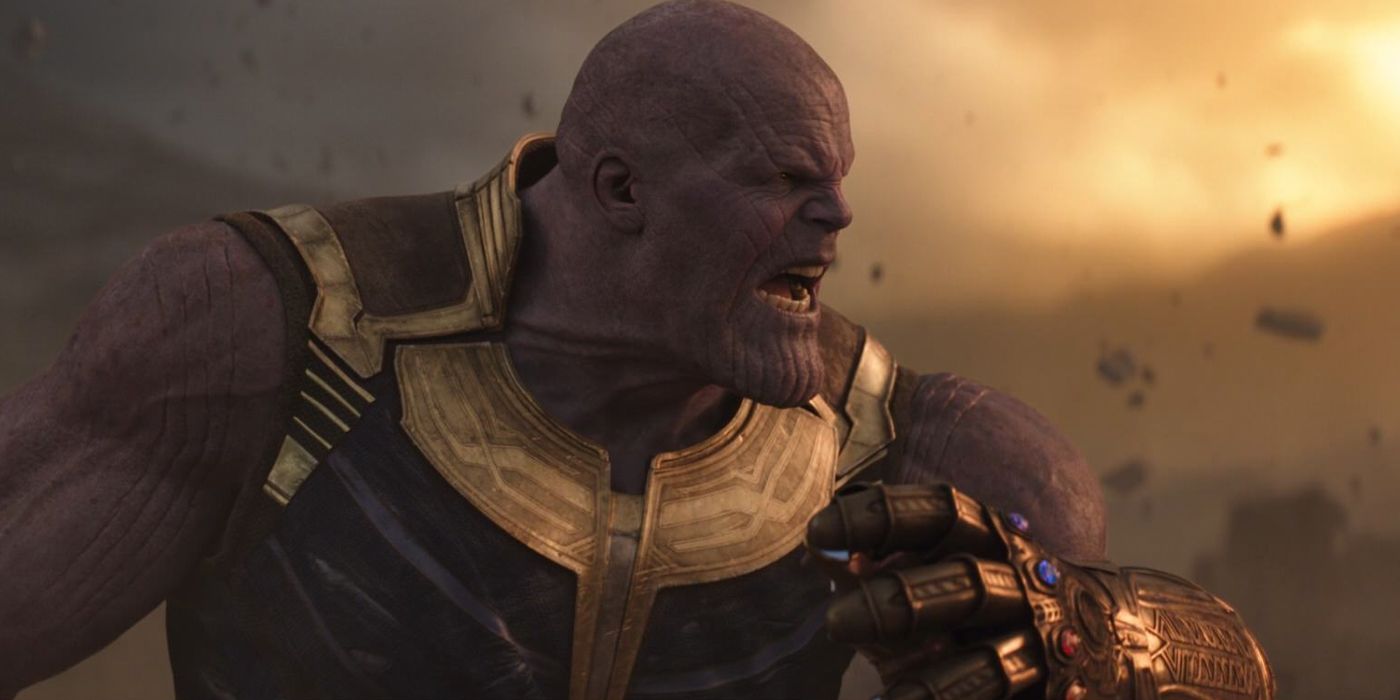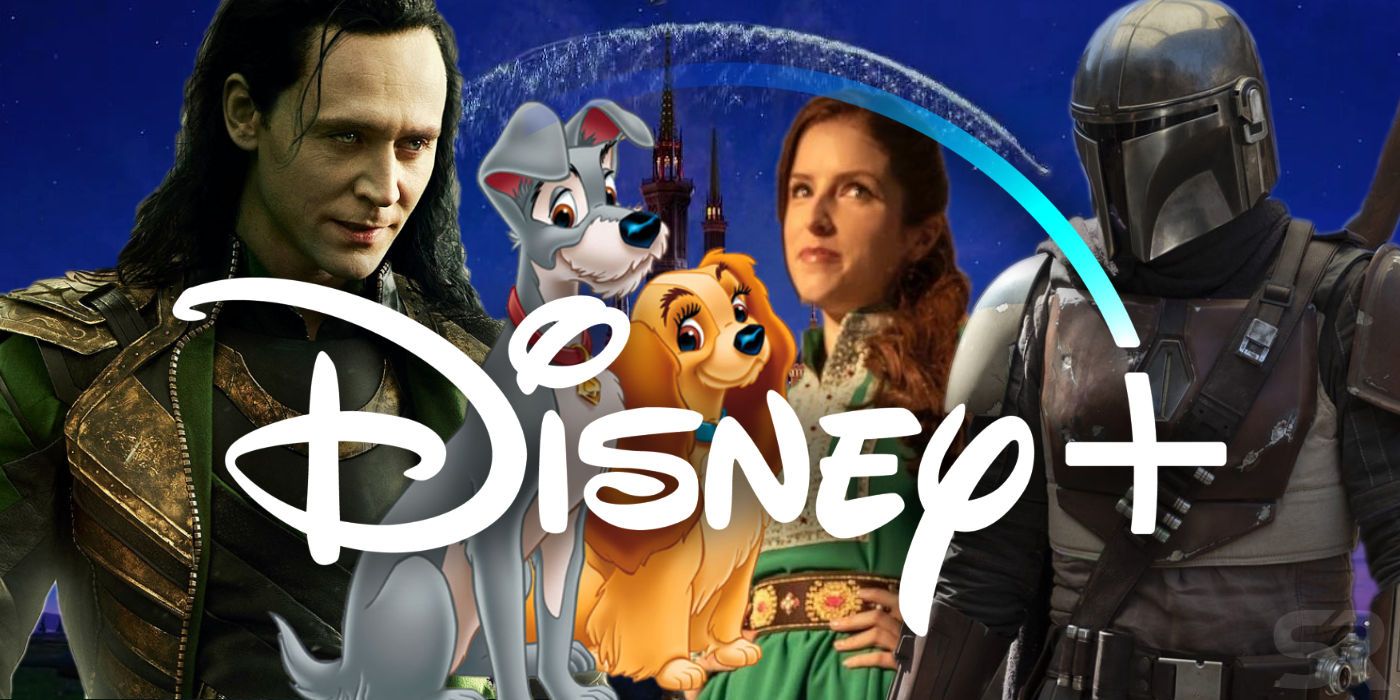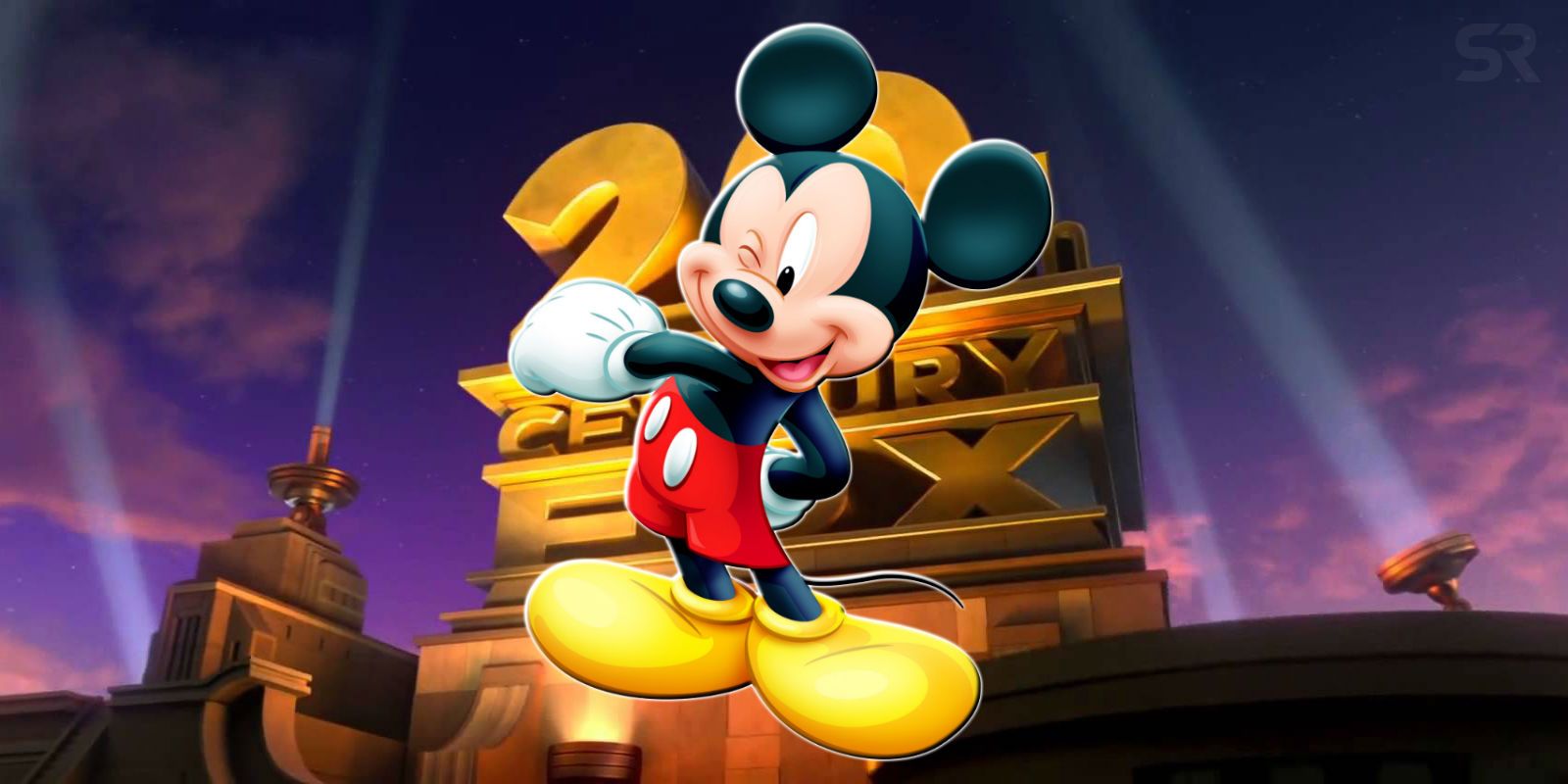In strategic terms, 2019 is Disney's riskiest year in a long time. The House of Mouse closed 2018 to record-breaking results, thanks largely to theme park traffic and strong box office performance. It wasn't a perfect year, of course; A Wrinkle In Time and Solo: A Star Wars Story were high-profile flops, due to a combination of strategic errors and bad marketing. For all that's the case, though, Disney still took in over $7.325 billion in the global box office - the second-biggest global total ever. Both Black Panther and Avengers: Infinity War are in the top 10 blockbusters of all time (unadjusted for inflation).
In theory, 2019 should look like another surefire win for Disney. After all, two Marvel films will be released, including Avengers: Endgame, a movie that created unprecedented levels of hype even before its first trailer released (Spider-Man: Far From Home is a Sony release despite being in the MCU). There's a flurry of live-action animations - Dumbo, Aladdin, and The Lion King - major sequels for animated hits - Toy Story and Frozen - and the final installment of the Star Wars sequel trilogy. The box office is again sure to be healthy for Disney in 2019.
Related: Disney's Upcoming Movie Releases - From 2019 to 2023
Putting hype aside, though, it's far more difficult to call whether or not 2019 will be a success for Disney. This is a year that will test Disney's long-term strategies in unprecedented ways, and when the year is over Disney will have dramatically repositioned itself within the global TV and film industries. Will everything work out, or is Disney about to make some major strategic mistakes?
- This Page: Disney's 2019 Movies Are Riskier Than They Seem
- Page 2: Disney's Making Some BIG Changes In 2019
Disney's Live-Action Remakes Have Never Been More Controversial
Let's start with the live-action remakes. Disney has had a string of successes with these in recent years, including the unforgettable remake of The Jungle Book and $1 billion hit Beauty and the Beast. But they seem to be becoming increasingly controversial, and there have been some notable backlashes online.
Tim Burton's Dumbo has raised a few eyebrows when it comes to relevancy, while Jon Favreau's The Lion King has been heavily debated over whether it can even be called "live-action" when it's clearly CGI; revolutionary CGI, to be sure, but CGI all the same. But biggest of all is Aladdin, which has been fiercely criticized for whitewashing, with Naomi Scott cast as Princess Jasmine and the new (white) role of Prince Anders created for Billy Magnussen; there have even been allegations that extras had their skin darkened using makeup. More recently, when images finally revealed Will Smith's version of Genie, his lack of blue stirred up another storm online. There appears to be a skewed view on these projects after previous successes (while the low-key production of streaming movie Lady and the Tramp has kept it out of the public eye).
That said, the real question is how much these scandals, however vocally expressed online, affect a film's box office takings. The jury's still out in this regard, especially given these are remakes of beloved classics so there's unprecedented brand power already. As it stands, though, Aladdin may well be the real test of the enterprise.
Related: All The Live-Action Disney Remakes In Development
Looking into the development side, there's Mulan, which may well drive further negative comment over the course of 2019. Although the original animated film is popular with Western audiences, it was completely unfaithful to the Chinese legend, and as a result bombed in China. Where other remakes have been basic adaptations, sticking pretty faithfully to the original plot, this script will need a dramatic rewrite if Mulan is going to reach Chinese audiences - but how will American respond to that? Production is expected to start later this month, so it will be curious to see the story develop. The last thing Disney need is another controversy here.
The Star Wars Fandom Is Divided Going Into 2019
In normal times, Rian Johnson's Star Wars: The Last Jedi would have been seen as a tremendous success. The film brought in an impressive $1.3 billion worldwide, and debuted to a stunning 93% Critic Score on review aggregate site Rotten Tomatoes. Unfortunately, for all the numbers suggest it should be viewed as a hit, The Last Jedi's impact on the Star Wars fandom has been largely negative. Johnson's bold choices left the fanbase vocally divided, and at times things have gotten pretty nasty, with stars even forced to abandon social media. Some fans love The Last Jedi, others hate it, and the divide seems to be firmly entrenched.
All that means Star Wars: Episode IX, the final chapter of the sequel trilogy, faces a massive challenge; will J.J. Abrams be able to coax the fans back? And does he have even half a chance of uniting them in favor of his film? Making matters worse, the dismal box office performance of Solo: A Star Wars Story means Lucasfilm has been forced to pivot in strategic terms. Phrases like "Star Wars fatigue" became common currency over the last year as critics began to ask whether or not it's possible to have too much Star Wars.
There are worrying signs in the merchandise sector, too. Despite a range of innovations, including Hasbro's Force Link technology, Star Wars sales were down in 2017. Although the figures aren't out for 2018 yet, it's likely that continued, not helped by a major shakeup in the retail environment. The closure of Toys 'R' Us - which comprised about 15% of the market - took out one of the franchise's biggest retailers at a stroke. That's going to have put a serious dent in 2018's sales figures, and over the course of 2019 Disney will need to adapt to this new landscape. No doubt there'll be a massive merchandise push before the release of Star Wars 9, and execs will be hoping this sells better than the merchandise associated with The Last Jedi.
Related: Star Wars 9: Everything You Need To Know
Of course, it's easy to overestimate the challenges facing Lucasfilm. Star Wars is still a box office juggernaut, and even the poor performance of Solo doesn't change that. What's more, it's entirely possible Star Wars: The Last Jedi simply served to make the preexisting divisions among the fanbase visible to the wider world, rather than actually creating them; after all, Star Wars fandom hasn't really been united since George Lucas released the Special Editions. Critics and general audiences still love the franchise, and with smart handling, it can regain its luster.
Marvel Has To Be An End And A Beginning
2018 was a banner year for Marvel, with both Black Panther and Avengers: Infinity War proving to be massive hits (and Ant-Man & the Wasp landing in the top 10 at the box office domestically). But 2019 is a lot riskier. Marvel's first film is Captain Marvel, and although end-of-year polling has suggested moviegoers are eager to see that film, the studio has taken a strange approach with marketing. Trailers have failed to explain just who Marvel's latest superhero really is, or how her powers work; it's as though Marvel is assuming everybody already knows Carol Danvers, and that they expect the twists in her origin story to be as effective and impactful as the Vulture twist in Spider-Man: Homecoming. Solo already proved that unconventional marketing for even strong brands can cause real damage, so Captain Marvel's widespread success may not be quite so guaranteed as is generally believed.
But the real pressure rests upon Avengers: Endgame. This is certain to be massive; the first trailer got a staggering 289 million views in its first 24 hours online. In story terms, though, it's a real challenge. Avengers: Endgame will set up a brand new status quo for the MCU, with major figures like Robert Downey Jr. and Chris Evans expected to bow out completely. Spider-Man: Far From Home will hit cinemas just two months later, using Marvel's biggest superhero brand - Spider-Man - to welcome viewers to the new iteration of Marvel's shared universe. Marvel is currently trying to keep quiet about what the post-Phase 3 MCU will look like, with Kevin Feige making only the most general observations; that makes it very difficult indeed to work out how this is going to land.
The decision to put Spider-Man front and center in 2019 is a bold yet potentially risky one for Marvel. The wall-crawler is only available to Marvel Studios because of an unprecedented deal with Sony Pictures, and sooner or later the two studios will be sitting down to renegotiate that deal. Sony is in a stronger position now after Venom and Spider-Man: Into The Spider-Verse, and the outcome of those discussions is hardly a sure thing.
Related: Every Upcoming Marvel Movie (2019 - 2021)
There's no doubt that Marvel will be box office kings in 2019, nor that they'll make individually satisfying movies. But this year is also an unprecedented pivot away from the current era that needs to be handled right.
Page 2 of 2: Disney's Making Some BIG Changes In 2019
The Disney Plus Streaming Service Is An Unproven Area
Bigger than any one movie, 2019 will also see Disney finally launch its own streaming service, Disney Plus, which is intended to compete directly with the likes of Netflix. Details are sparse - at this stage, even the price hasn't been officially confirmed - but Bob Iger has told investors they'll get a "first look" at the service in April. It's expected to launch towards the end of the year, and marketing has stressed that it will be focused on five properties: Disney animation and movies, Pixar, Marvel Studios content, Star Wars, and National Geographic (which will become a Disney property after the Fox acquisition). Right now, Disney is investing a small fortune in developing exclusive content for the streaming service, including a series of studio-budget live-action TV shows set in the Marvel Cinematic Universe.
Disney senior executive VP and chief strategy officer Kevin Mayer has been named head of a new unit, named "Disney direct-to-consumer and international," with responsibility for managing Disney Plus and Hulu. The House of Mouse has already begun the long and arduous process of reacquiring the international distribution rights for its content, and new Disney releases will stop going to Netflix in March this year. While the Netflix catalog varies from country to country, there's no sign Disney intend to follow that strategy; rather, it's likely Disney Plus will only roll out in a country when Disney has reacquired distribution rights for that region. Disney will want to make the most they can out of their content, so it's safe to assume their goal will be a speedy rollout.
Related: Disney Plus Streaming Service: Everything We Know About The International Release
This is a major shakeup in the increasingly competitive streaming market, and Disney is betting a lot on its success. They aren't the only company pursuing this strategy in 2019 either; Walmart is partnering with MGM to produce original content for its Vudu platform, and AT&T's WarnerMedia is creating its own streaming service centered on HBO and Turner properties. The reality is that not every one of these platforms will survive, and each will have an impact on the performance of the others. There have been reports that Disney Plus subscriber growth could be a key metric for determining executive bonuses going forward, which gives a sense of just how much of a priority this is for the House of Mouse. Should Disney take this approach, there are concerns it could drive a wedge between the different departments, with streaming and traditional platforms unwilling to collaborate; CEO Bob Iger will be working hard to keep such internal competition to a minimum.
How Will The Fox Deal Affect The Company?
Disney's purchase of Fox is currently awaiting approval from the last handful of international markets (there have been particular concerns over antitrust laws in Brazil). Assuming it's green-lit, though, Disney will then need to conduct one of the most complicated organizational restructures in memory. It will need to seamlessly integrate new networks and film studios into its structure, creating new reporting lines and a corporate strategy that influences every department. It sounds arcane, but this is the kind of thing that can make or break companies, even juggernauts like Disney; every mistake will continue to have an impact for years to come, perhaps even decades.
Industry analysts are watching with fascination. There's some concern that increased cable and satellite TV distribution could actually offset the benefits of the new streaming service; these legacy assets are becoming less relevant over time. It was generally assumed one of Bob Iger's priorities was retaining some key members of Fox's management team on the TV side, as they include seasoned executives with proven track records. If that is the case, then Iger has already succeeded; in October Disney announced that Peter Rice, Dana Walden, John Landgraf, and Gary E. Knell will be staying around post-acquisition. Naturally, Disney has yet to comment on just how these key figures will fit into the new corporate structure.
Disney has told investors to expect roughly $2 billion in synergies by 2021, but will all of these materialize? Disney is particularly excited about the chance to expand the Avatar franchise, with hopes the "World of Pandora" theme parks could compete with the Warner Bros. "Wizarding World" parks. This has led Iger to describe Avatar as the "crown jewels" of the acquisition, but it's something of a gamble; although the first Avatar film grossed almost $3 billion in the box office, it doesn't seem to have had much of a cultural impact, and as such it's unclear how much appetite there is for James Cameron's sequels.
-
2019 is a big year for Disney, one that will see an unprecedented amount of change. Should everything go as planned, by the end of the year the Mouse House will have transformed itself for a new digital age, with an enhanced content library and a whole host of opportunities from corporate synergies. But every opportunity carries attendant risks, and a single misstep could cause massive problems down the road. Meanwhile, so many of Disney's strongest franchises - including the MCU and Star Wars - are entering a time of transition, and it remains to be seen how things will play out.

